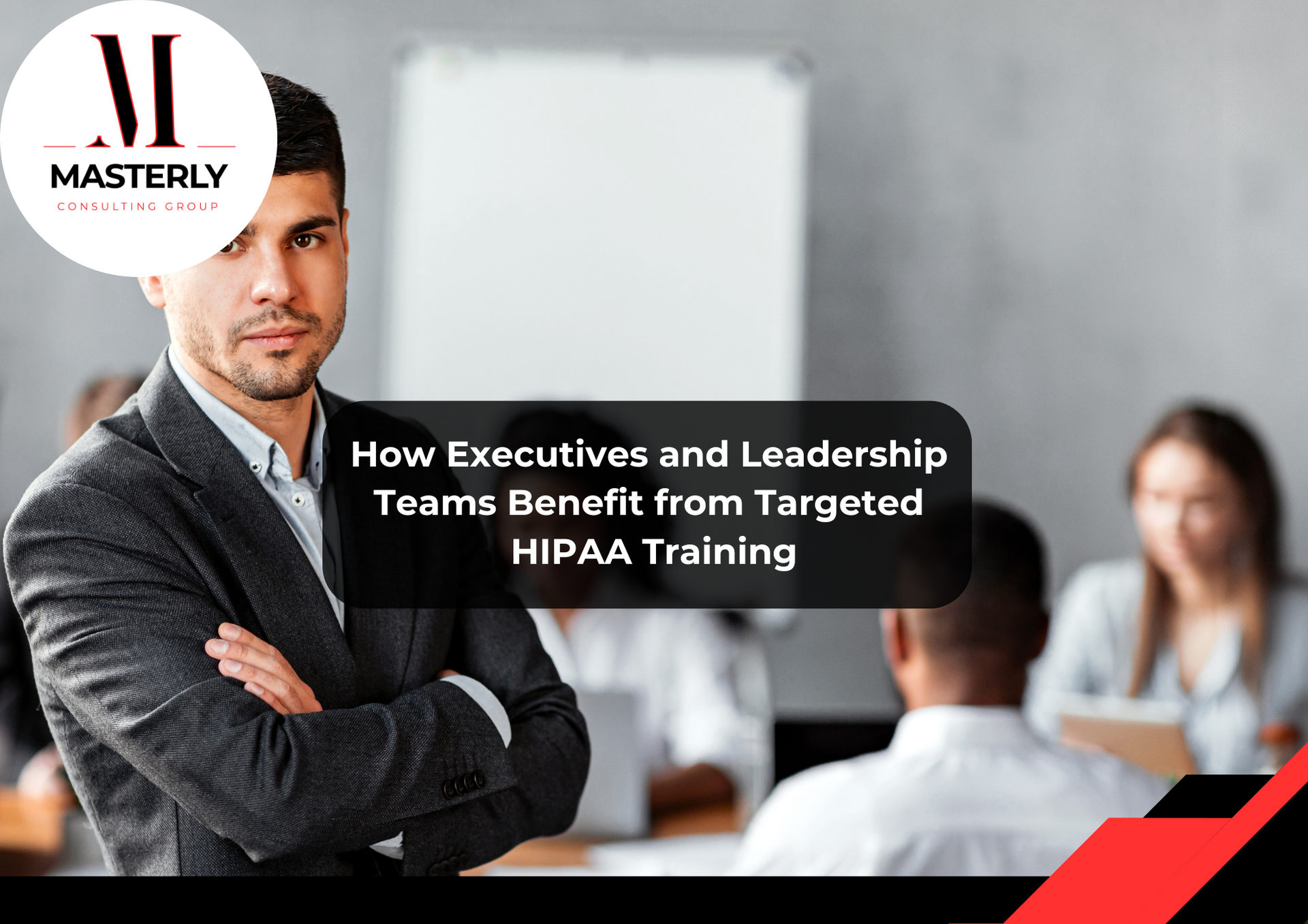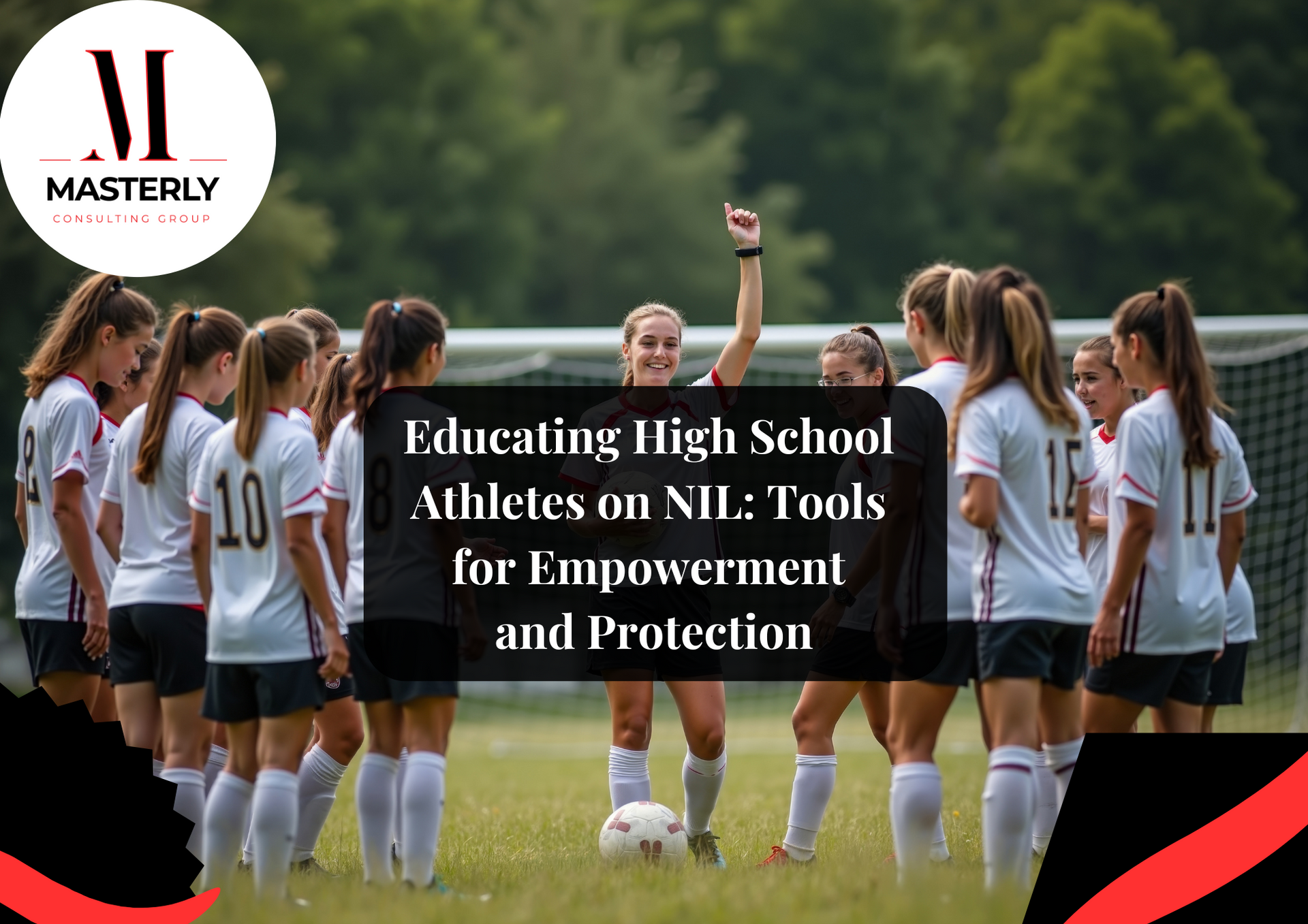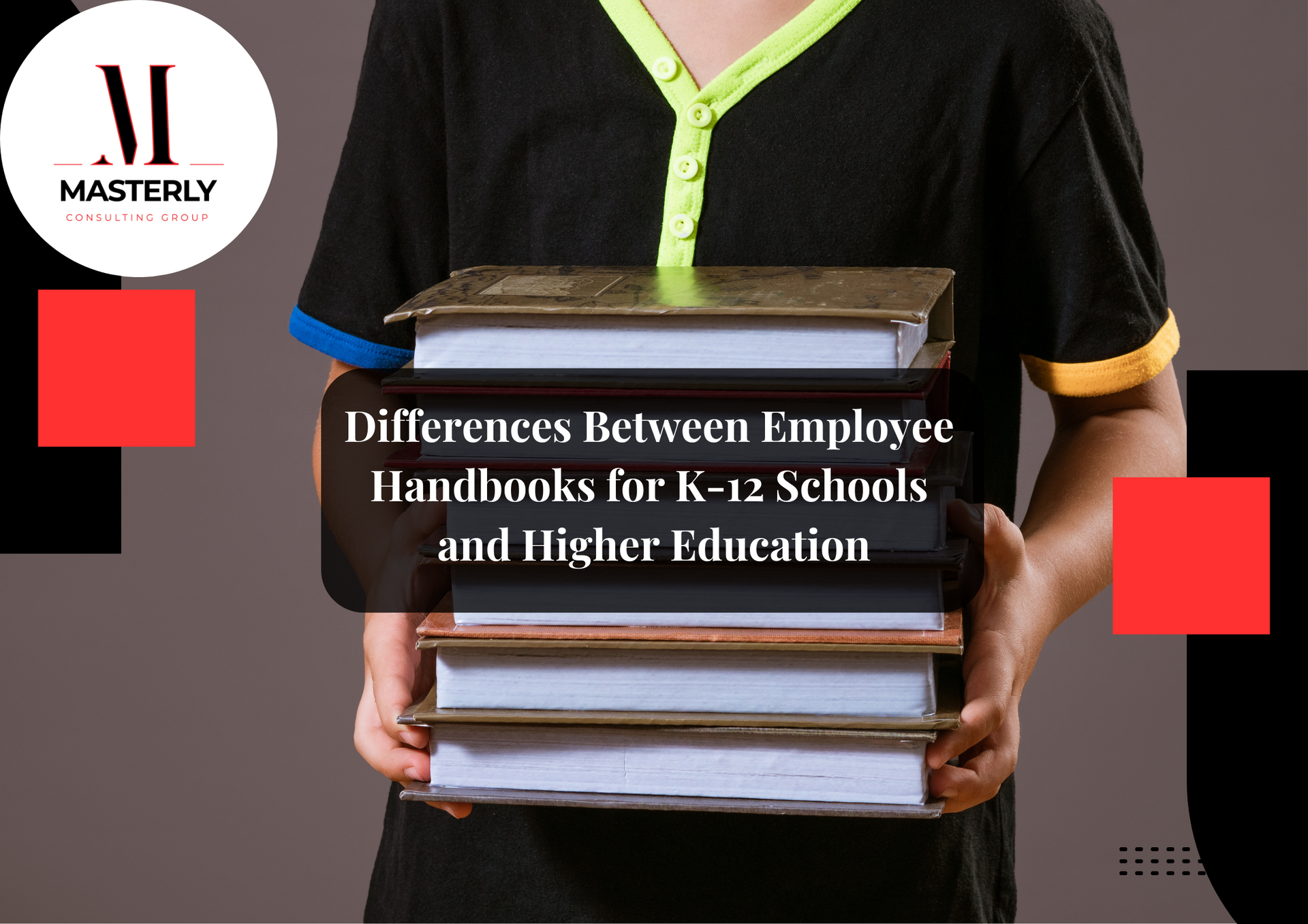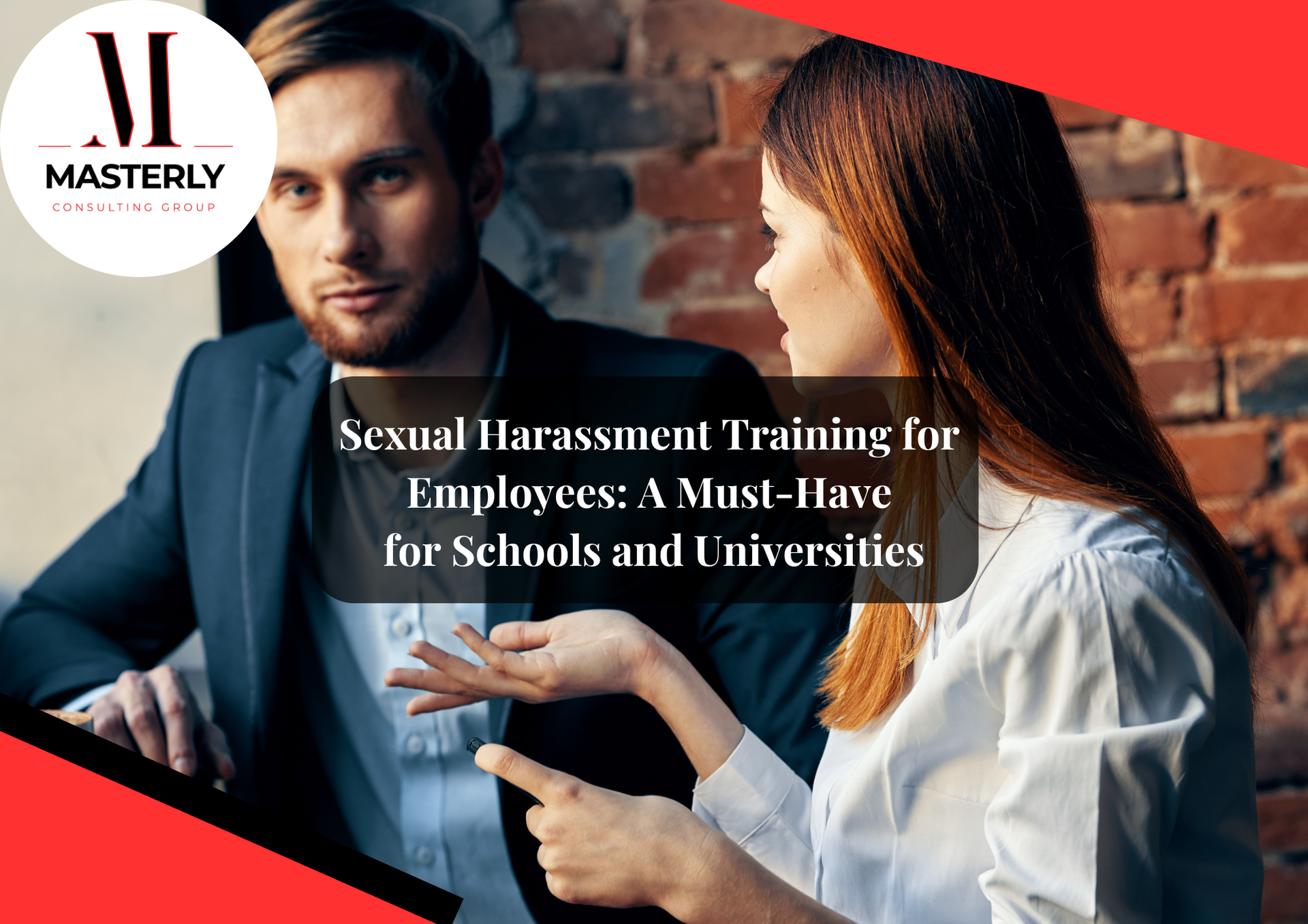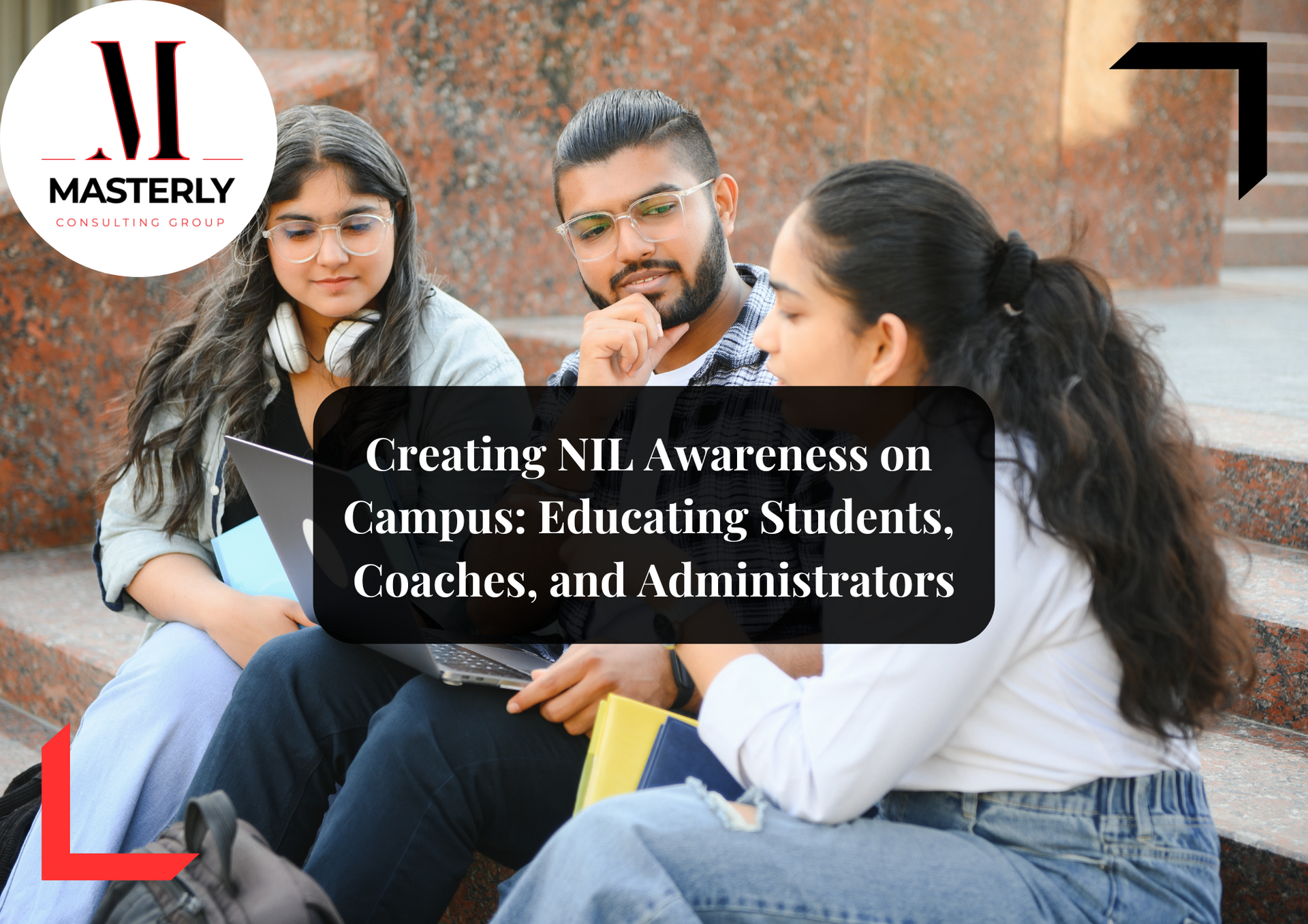Navigating NIL: What Every University Needs to Know About Name, Image, and Likeness Compliance
The world of college athletics is undergoing a major shift with the introduction of Name, Image, and Likeness (NIL) rules, which allow college athletes to profit from their personal brand. However, as universities work to stay compliant with the evolving NIL laws and NCAA rules, it’s critical to understand how these changes affect not only the athletes but also the institutions themselves. Compliance with state laws, school and conference requirements, and maintaining a competitive edge in recruiting are now more complex than ever. This article will guide universities through what they need to know about NIL compliance, helping you navigate the intricacies of name, image, likeness (NIL) and avoid the risks associated with non-compliance.
Understanding NIL: A Game-Changer for College Sports
NIL stands for Name, Image, and Likeness, referring to the rights of college athletes to profit from their personal brand. With the NCAA’s interim policy now allowing athletes to monetize their NIL, universities must help their student-athletes understand these opportunities while staying compliant with both NCAA rules and state laws.
What Is NIL and Why It Matters?
NIL refers to the ability of student athletes to receive compensation for their name, image, and likeness, which includes participating in sponsorship deals, promoting products on social media, and even starting their own businesses. These NIL deals create new revenue streams for athletes but also pose challenges in terms of compliance and policy enforcement for universities. With the NCAA’s interim policy in place, universities must adopt or adapt their own NIL rules to ensure athletes are following the guidelines and not violating NCAA rules related to compensation.
The Role of Universities in NIL Compliance
Universities now play a crucial role in helping student athletes navigate the complex world of NIL. From educating them about state law to ensuring they follow NCAA guidelines, universities must create comprehensive NIL policies that both protect their athletes and keep the institution in compliance. This means working closely with compliance offices to establish procedures for reporting NIL activities and tracking deals.
- Create educational materials that explain NIL guidelines to athletes.
- Ensure athletes are aware of state law and school and conference requirements.
- Set up a system to report NIL activities consistent with NCAA and state regulations.

The Impact of NIL on Recruiting and Retention
NIL opportunities have become a powerful recruiting tool for universities, making them a critical part of the recruiting process. Universities that can demonstrate strong NIL programs, support services, and compliance assistance will have a competitive advantage in attracting top talent. Additionally, universities must ensure their NIL policies are clear and well-communicated to avoid issues that could jeopardize an athlete’s amateur status.
NIL as a Recruiting Tool for Colleges
With NIL, individual colleges can highlight their ability to help athletes grow their personal brands, which has become a key consideration for prospective student athletes during recruitment. However, universities must also educate athletes on the risks involved in pay-for-play scenarios, as these can easily lead to violating NCAA rules.
- Offer educational materials on the benefits and risks of NIL.
- Ensure compliance with NCAA rules to avoid penalties for athletes and the institution.
- Highlight the benefits of your university's NIL program during the recruiting process.
The Legal Landscape: State Laws and NCAA Guidelines
Understanding the various state laws governing NIL is essential for universities. States like California and Florida have their own NIL regulations, and universities must ensure they are in compliance with both federal legislation and state-specific laws. These laws can differ significantly, and universities must stay informed about changes that affect their athletes.
State and Federal NIL Laws
NIL laws vary across states, and universities must comply with the rules in their specific state. Additionally, federal legislation may soon be enacted to create a national standard for NIL activities. Until then, universities must navigate the patchwork of state laws and ensure their athletes understand how these laws affect their NIL rights.
- Stay informed about changes in NIL law at both the state and federal levels.
- Ensure athletes comply with state high school associations and local regulations.
- Monitor potential federal law changes that could impact university policies.
The Role of NIL Collectives and Professional Service Providers
Another growing aspect of the NIL landscape is the rise of NIL collectives and professional service providers. These organizations offer athletes support in managing their NIL deals, but universities must ensure that their athletes are not violating NCAA rules by working with these entities. Universities should provide guidance on how to work with professional service providers while maintaining compliance.
Protecting Athletes from Legal Risks
Universities should educate their athletes on how to engage with professional athletes, agents, and collectives without risking eligibility. Providing clear guidelines on the do's and don'ts of NIL deals will help athletes navigate this landscape successfully.
- Encourage athletes to work with vetted professional services providers.
- Ensure athletes understand their own NIL rights and how to protect themselves legally.
- Provide access to compliance officers for any questions about NIL activities.
Reporting NIL Activities and Ensuring Compliance
One of the biggest challenges for universities is tracking and reporting NIL activities. Universities must establish systems for athletes to report their NIL activities consistently with NCAA rules and school and conference requirements. Failure to do so could result in penalties for both the athlete and the institution.
Best Practices for NIL Reporting
To avoid violations, universities should establish a clear reporting process for NIL activities. This includes:
- Regularly updating athletes on NIL guidelines and how to report their deals.
- Creating a system that ensures NIL activities are reported and tracked.
- Working closely with compliance offices to ensure adherence to school and conference requirements.
The Future of NIL: What Universities Can Expect
As NIL laws and guidelines continue to evolve, universities must remain flexible and proactive. The future may bring federal legislation that unifies the patchwork of state laws, but until then, universities must focus on compliance at the state and NCAA level. Universities that stay ahead of these changes and provide comprehensive support to their athletes will be in the best position to succeed.
Preparing for Potential Changes
With new regulations on the horizon, universities should:
- Regularly review and update their NIL policies.
- Stay informed about potential changes to NCAA rules and federal law.
- Continue providing educational resources to help athletes navigate the NIL landscape.
How Masterly Consulting Group Can Help
Navigating the complex world of Name, Image, and Likeness (NIL) can be daunting for universities, but it doesn’t have to be. At Masterly Consulting Group, we offer expert consulting services that help universities remain compliant with NCAA rules, state and federal laws, and ensure their athletes are set up for success. From creating NIL policies to providing educational materials and helping with NIL reporting, we provide comprehensive support tailored to your institution’s needs.
Ensuring NIL Compliance for High School and College Athletes
The introduction of NIL laws has not only impacted college athletes but also influenced high school athletes considering their future in collegiate sports. For any particular school aiming to recruit student athletes interested in NIL deals, it’s crucial to understand how these rules apply to both current and future players. Universities must ensure that their own athletes are fully educated about their rights and responsibilities under NIL policy, especially as new rules emerge.
With NCAA athletes now able to profit from their name, image, and likeness, universities need to comply with both NCAA rules and state-specific laws. College coaches also play a vital role in educating athletes and guiding them through the NIL landscape. Schools must work closely with professional services providers to offer resources that help their athletes make informed decisions regarding NIL money without compromising eligibility. Additionally, understanding key rulings like the Supreme Court ruling and statements from leaders like NCAA President Mark Emmert and Charlie Baker helps universities stay ahead of any changes to NIL rules at the national level.
By staying updated with these regulations, universities can provide better support for their athletes, ensuring a smoother process for all NIL-related activities and helping athletes maximize their opportunities.
Navigating NIL Deals: Support for Universities and Their Student Athletes
As the current NIL market continues to evolve, universities are finding it essential to guide their current student athletes through the complexities of NIL agreements. Whether it’s a college football star or a student excelling in other athletic programs, navigating a NIL deal requires careful consideration of both legal concepts and compliance with likeness rules. Universities, especially member schools of the NCAA, must ensure that they are allowing student athletes to pursue NIL opportunities while adhering to regulatory standards.
To manage these challenges effectively, universities are partnering with professional services providers to ensure their compliance office has the necessary resources to help athletes make informed decisions. By providing support for athletes directly, these services can assist in maximizing NIL opportunities without compromising the integrity of the school's program or the athlete's athletic performance. As NIL continues to reshape sports activities, universities must stay ahead of the game to protect both the institution and their school's athletes.
Leveraging Professional Services for NIL Compliance and Fair Pay
Navigating the complexities of NIL requires the right guidance, and universities are increasingly turning to professional services providers to ensure compliance with NIL laws and regulations. These providers offer expertise on important legal concepts related to fair pay and the intricacies of NIL agreements, helping universities avoid pitfalls that could negatively impact their athletes. For example, the formation of a NIL collective within a university’s network can help streamline opportunities for students, but ensuring compliance with such laws requires ongoing support.
Universities must also address the concerns expressed by coaches, compliance teams, and students about maintaining a balance between opportunities and obligations. Whether it's assisting one athlete or an entire team, these providers can help ensure that the university's student athletes are protected, providing them with clear guidelines as they navigate the changing landscape shaped by rulings like the Play Act and other emerging NIL frameworks. As regulations evolve at the national federation level, working with experts becomes crucial to staying compliant and offering the best opportunities for athletes.
Ready to Navigate NIL with Confidence?
Ensuring your university is compliant with NIL laws and NCAA rules is crucial to protecting both your athletes and your institution. Masterly Consulting Group specializes in providing the guidance and resources needed to create effective NIL policies, educate athletes, and keep your compliance team up to date. Whether you need help developing educational programs or tracking NIL activities, our team is here to assist.
For more information or to schedule a free consultation, call us at (888) 209-4055. Let us help you navigate the ever-changing NIL landscape with confidence and success.

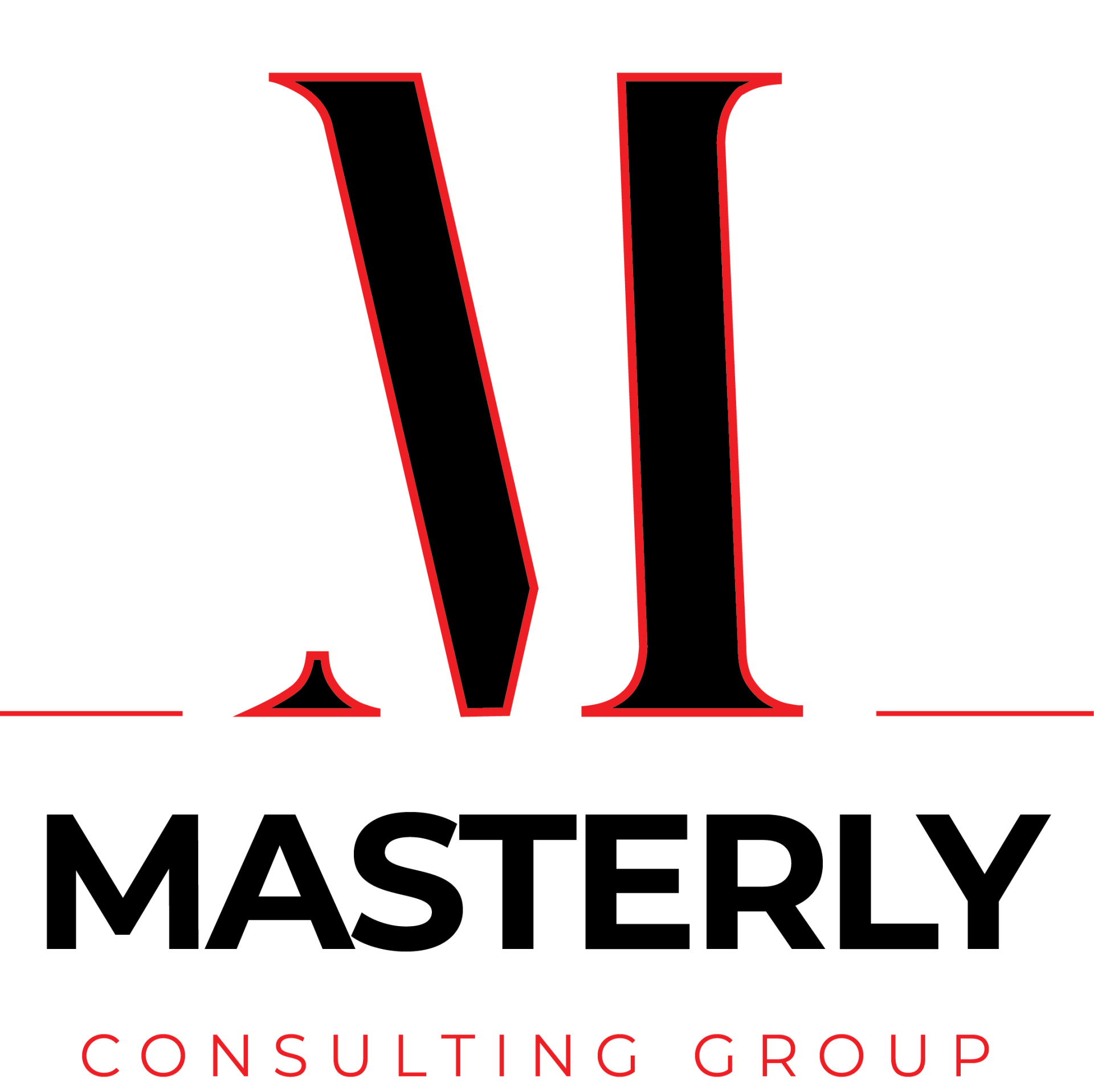
Masterly Consulting Group
Office Number
(888) 209-4055
Office Locations
Dallas, TX | Uptown Area
Houston, TX | Galleria Area
Grand Prairie | Training Center
West Palm Beach, FL | Downtown
Coming Soon
Atlanta, GA
Latest news

